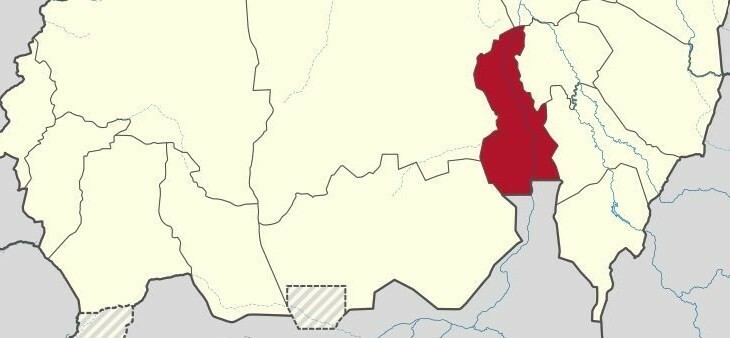Mixed reactions have greeted a four-month curfew imposed by the authorities in Sudan’s White Nile State over the security situation.
While some said the curfew had been good to their businesses, others argued that the curfew has caused them losses and exacerbated the existing economic crisis.
Speaking to Radio Tamazuj, several residents of White Nile State expressed dissatisfaction with the longstanding curfew imposed due to security concerns, citing adverse effects on businesses.
Bure Ahmed, a tobacco shop owner, said: “The state-imposed curfew has several economic repercussions, including reduced working hours, forcing us to cut workers’ daily wages to align with decreased profits. Additionally, market closures for sanitation, as mandated by local directives, result in significant losses and customer decline. Moreover, sudden closures without prior notice disrupt operations, adding to our challenges.”
Meanwhile, a journalist who preferred anonymity, said: “The state government’s curfew has led to arrests for voicing opinions on economic issues. Furthermore, it has sparked unrest, with mobilized groups and gunfire disturbing neighbourhoods, sometimes extending late into the night and causing injuries, particularly among women and children.”
He further emphasized, “The impact of the curfew extends beyond conflict-affected areas to affect even those in supposedly safe zones. Consequently, it brings no benefits; instead, it disrupts lives and fosters insecurity among citizens.”
Highlighting that the curfew’s reach extends beyond markets to encompass small shops and clinics in neighbourhoods, he underscored its broad impact on daily life.
Ahmed Al-Nil, a restaurant owner in Rabak city, said: “The economic fallout from the war has been significant, exacerbated by the state-imposed curfew, which disrupts market activities and sales, particularly during late-night hours when dinner trade thrives. Citizens are compelled to vacate the market prematurely due to the curfew.” He lamented that their situation was better before the curfew was imposed.
Similarly, a butcher in Rabak market stated, “As small meat traders, we haven’t felt significant impacts from the curfew, given the ongoing economic downturn predating its enforcement.” However, he pointed out, “Major traders in our field are the hardest hit, facing restrictions on meat quantity, distribution, and transportation due to the curfew.”
In mid-December, the state government implemented a curfew for individuals and vehicles, alongside restrictions on gatherings and closure of commercial establishments and cafes from 8:00 PM to 6:00 AM, with exemptions for medical personnel. This period was later adjusted to 9:00 PM to 5:00 AM and, during Ramadan, from 11:00 PM to 5:00 AM.
The recurrent grievances underscore the need for appropriate solutions to address citizen concerns effectively.




